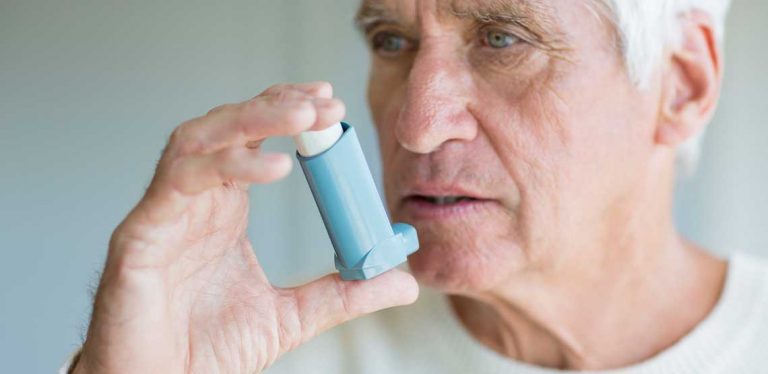Finding Relief From the Itch of Eczema
People who suffer from severe eczema know what a challenge successfully treating it can be. Even though there is no known cure for eczema, intensive treatment can help alleviate symptoms. Some of these methods include the use of severe eczema creams and lotions, as well as medications. Understanding your treatment options can lead you to a path of relief. In this article, we answer the question "What is eczema?" and we look at the causes, symptoms, and treatment methods.
What is Eczema?
It is a non-contagious skin condition that causes red and inflamed skin patches. These patches may have sores that peel or weep and a trademark insatiable itch.
It is a very common ailment with more than 30 million individuals in the U.S. alone searching for severe treatments to help find relief.
Some cases are so severe that it negatively impacts a person’s quality of life.
What Causes Eczema?
The exact cause of remains a mystery, but researchers believe several factors increase the likelihood of developing this condition. Having a family history that includes eczema or other allergies is one factor. It is also thought that a person’s immune response is to blame due to an over-response to irritants such as perfumes or soaps. Still, skin defects that inhibit its ability to act as a barrier to germs are another possible cause.
Signs and Symptoms of Severe Eczema
There are eight different types of this skin condition, and it is possible to have multiple types at once. While most symptoms are similar amongst the types, there are some variations. Knowing which type you experience can help you find the most appropriate medications and severe eczema treatments for you.
- Atopic: This is the most common form of eczema, and it affects more than 18 million people in the United States. Diagnosis usually happens early in infancy. This form is long-lasting and severe with a red, itchy rash typically on the cheeks, arms, and legs.
- Neurodermatitis: This type causes one or two itchy red patches most commonly on arms, legs, or the back of the neck. It also frequently can affect anal and genital areas. The itch caused by neurodermatitis can be so extremely severe that it disturbs an individual’s sleep.
- Eczema herpeticum: A rarer form caused by the herpes simplex virus that affects the face and neck and resembles chickenpox blisters.
- Contact dermatitis: A red, itchy rash caused by direct contact with an irritant such as plants, soaps, and perfumes. Identifying and avoiding the irritant is the best course of action.
- Dyshidrotic: Causes itchy and dry skin with deep painful blisters on the hands and feet. After the blisters heal, the skin is left dry, red, and cracked.
- Nummular eczema: Skin injuries such as a burn, insect bite, or abrasion can cause a nummular eczema response. It shows up as oozy or crusty, coin-like lesions that can last several months.
- Seborrheic dermatitis: This type of eczema is marked by a red, itchy rash that affects the scalp but can appear on the body as well.
- Stasis dermatitis: Develops due to poor circulation often affecting the lower legs. You may notice skin discoloration, varicose veins, and swelling that gets better while you sleep but returns during the day.
Related Search Topics (Ads)
Eczema Treatment Options
While a cure has yet to be found, successful severe eczema treatment for adults is available. There is no one-size-fits-all fix, so discussing your particular condition and circumstances, such as where you live, and any health conditions with your doctor are important.
Medication
Medications may be prescribed by your doctor. They can include oral treatments or topical severe eczema creams and lotions.
There are some over-the-counter options available that help moisturize dry areas, reduce inflammation, and alleviate any itching. Typically these medications will also help prevent infection.
Keep Your Skin Hydrated
Dry skin can increase itchiness and inflammation. Making sure your skin stays moisturized is a simple way to combat eczema.
Steer clear of lotions with too many chemical ingredients. Look for moisturizers that are geared towards eczema relief or at least free from fragrances and dyes.
Also, soothing bath soaks can be a source of relief.
Phototherapy
This is a specialized prescription for severe eczema treatment for adults. Phototherapy involves using a UVB light that slows the growth of affected skin cells.
Biologics
The interleukin protein in your body is responsible for assisting your immune system in fighting off bacteria and viruses. If you have eczema, your immune response overreacts and triggers the protein to cause itch and inflammation. Biologics stop these proteins from binding to the receptors, which prevents an overreaction from happening.

